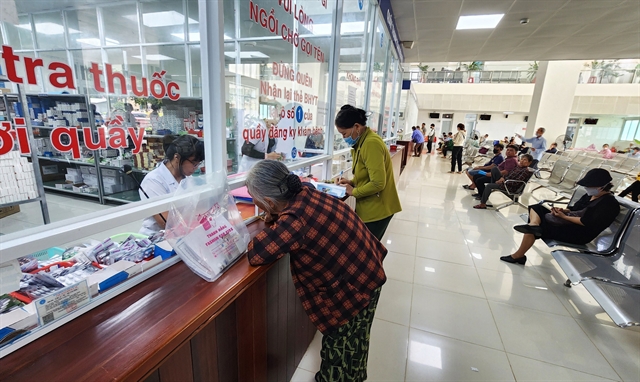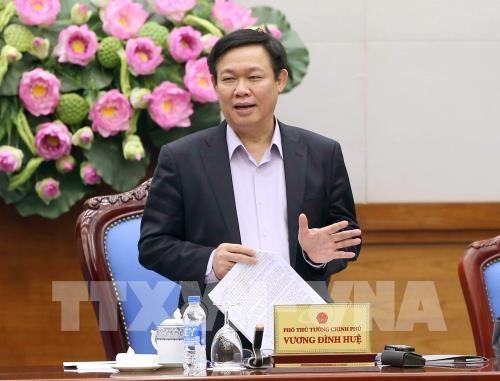 Opinion
Opinion

Vương Đình Huệ, Deputy PM and Head of the national steering committees on National Single Window and ASEAN Single Window, tells Hải Quan (Customs) that admin reforms will target reaching ASEAN-4 levels over the next five years.
 |
| Deputy Prime Minister Vương Đình Huệ. |
Vương Đình Huệ, Deputy PM and Head of the national steering committees on National Single Window and ASEAN Single Window, tells Hải Quan (Customs) that admin reforms will target reaching ASEAN-4 levels over the next five years.
How will the ongoing administrative reforms affect the country’s international integration process?
We want to build a government that is constructive, thrifty and action-oriented, so we have issued several policies and instituted several mechanisms for creating a transparent and healthy business environment. This will help us eradicate corruption, more specifically, the “ask and give” practice.
The lack of transparency and accountability has become a springboard for corruption. It also weakens our business competitiveness.
Therefore, the Government has identified administrative reform as a key measure in improving the country’s business environment and making us more competitive.
All ministries, sectors and localities have been asked to work hard in implementing the national administrative reform programme.
The latest World Bank Report on Doing Business ranks Việt Nam 82 out of 190 countries, which is up nine places over 2015. The higher ranking shows that Việt Nam is making progress, but we need to improve the effectiveness of our land law, and make our agriculture, healthcare, industry, trade and other sectors more efficient and effective as well.
Việt Nam has established diplomatic relations with 185 countries, economic relations with 224 countries and territories, has strategic partnerships with 15 countries and comprehensive relations with 10 countries. We have signed 12 Free Trade Agreements (FTAs) and are negotiating four new generation FTAs.
In this context of deepening international integration, it’s imperative that Việt Nam takes practical steps to improve national competitiveness. Three most important steps are the ongoing administrative reforms, improving the business environment and facilitating trade.
What can Việt Nam do to speed up economic development at this time?
One of the most important measures is to continue our institutional reforms and make them come to life. The
Government has been paying special attention to this task, which is again, a part of improving our business environment and competitiveness. Key tasks and measures to do this have been outlined in Resolution No 19/2016/NQ-CP.
Besides, on October 4, 2016, the Prime Minister signed Decision 1899/QĐ to establish the national steering committees on the ASEAN Single Window and the National Single Window to speed up reforms, particularly in import and export procedures.
As head of both committees, can you briefly tell us what they do?
The most important task of the ASEAN Single Window and the National Single Window is to simplify all administrative procedures in import-export activities.
We hope to apply nationwide the National Single Window and other trade facilitation measures over the 2016-20 period.
The most important goal is that all administrative procedures related to exported and imported goods as well as goods in transit are applied through the National Single Window. This also goes for entry and exit procedures for people and means of transportation.
Under the five-year plan, by 2018, the committee targets nationwide expansion of the Single Window for procedures related to vehicles and commodities entering and leaving ports, inland waterway ports, offshore oil ports; and those related to vehicles entering and leaving airports.
By 2020, Việt Nam will strive to complete all administrative procedures of ministries and agencies involved in the management of exported and imported goods as well as goods in transit; as well as those involved in the movement of people and vehicles through the National Single Window.
The time taken for clearance and release of goods, etc., brought to the ASEAN-4 (Malaysia, Thailand, the Philippines and Indonesia) level. Also, 100 per cent of the administrative procedures implemented through the National Single Window will be done electronically.
The targets for the upcoming period are very specific, focusing on improving the quality and efficiency of the ASEAN Single Window and the National Single Window. — VNS




